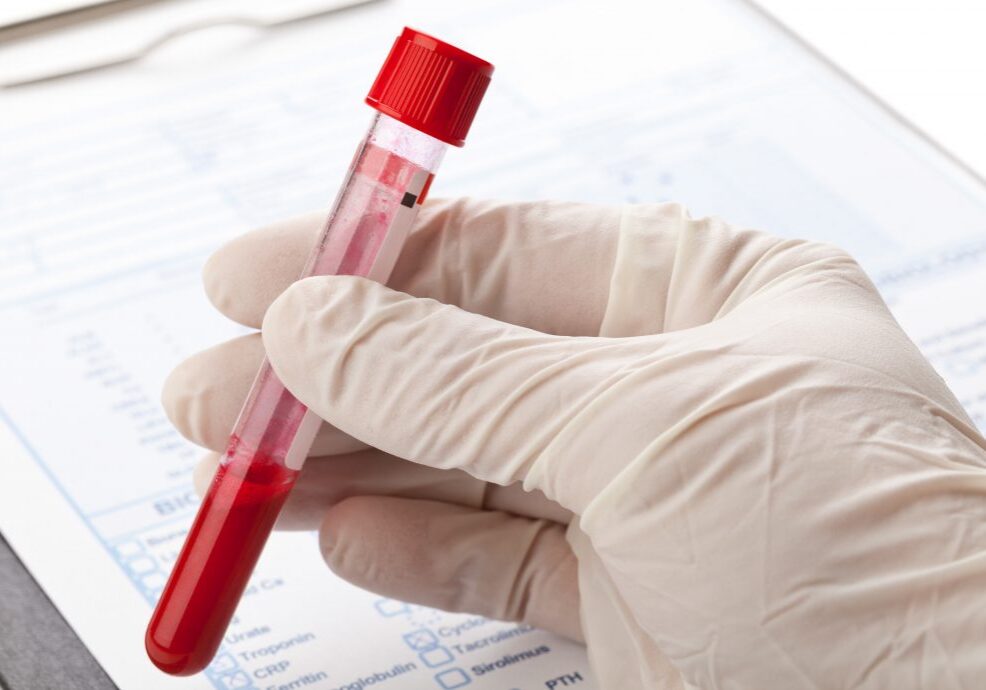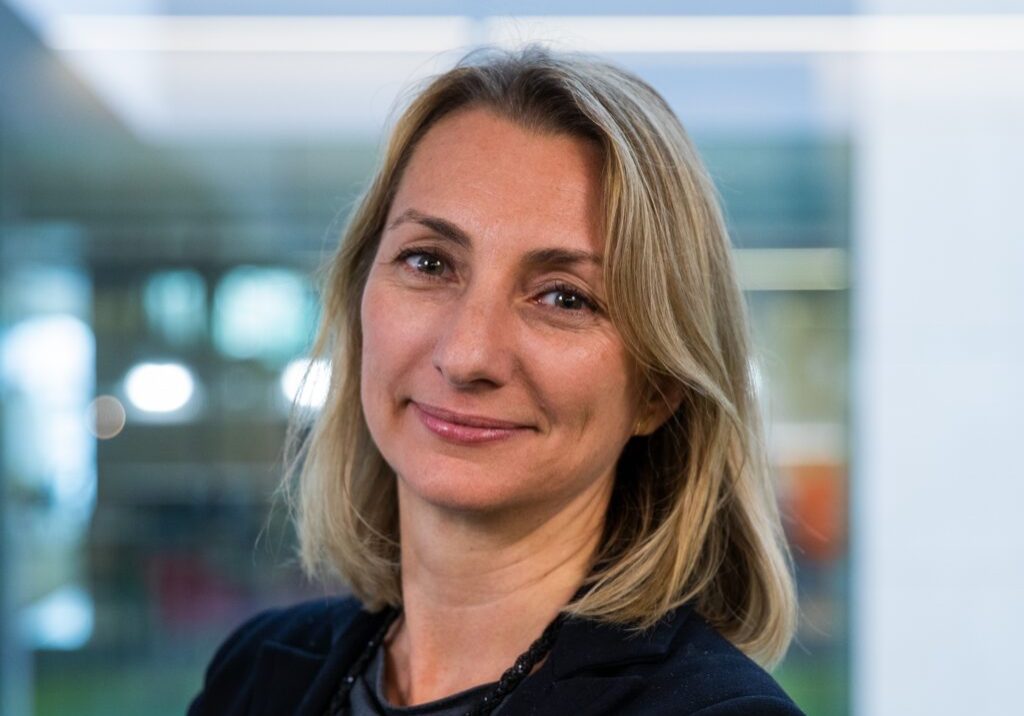What the Rare Cancers Bill Means for Head & Neck Cancer
14 March marked a crucial moment for research into rare cancers, as the Rare Cancers Bill took another significant step toward becoming law!
Dr. Scott Arthur, a Labour MP, introduced this legislation in Parliament to drive much-needed research into cancers affecting fewer than 1 in 2000 people in the UK – including many types of head and neck cancer.
Head and neck cancers can have devastating outcomes, with late diagnosis often leading to poor survival rates. We believe this Bill has the potential to improve survival for head and neck cancer patients and other rare cancer communities that have long been overlooked.
We were delighted to see the Government, Conservatives, and Liberal Democrats unite in support of the Bill when it was debated for the first time last week.
Will the Bill Support People with Head & Neck Cancer?
Yes. If passed, this Bill could represent a major breakthrough for people affected by rare head and neck cancers, helping to secure the attention, research, and investment they desperately need.
While some head and neck cancers are more common, many—such as nasopharyngeal cancer and salivary gland cancers – are classified as rare diseases. These types fall within the scope of this Bill, which focuses on cancers affecting fewer than 1 in 2000 people.

What Would the New Law Do?
The Rare Cancers Bill has the potential to drive a major shift in how rare cancers are researched and treated. If passed, it would:
✅ Appoint a Named Government Lead for Rare Cancers
Rare cancers, including many types of head and neck cancer, struggle to attract research funding and attention compared to more common cancers. A named government lead would ensure a coordinated, strategic approach to rare cancer research and innovation, keeping these cancers on the agenda.
✅ Improve Patient Access to Research and Clinical Trials
Many patients with rare cancers miss out on potentially life-saving trials simply because they don’t know about them. This Bill would improve access to research opportunities, making it easier for eligible patients to participate in trials and helping promising treatments progress more quickly.
✅ Review and Strengthen “Orphan Drug Regulations”
Developing new treatments for rare cancers is costly, and pharmaceutical companies often prioritise more common diseases. This Bill would require the government to review incentives for rare cancer drug development, potentially leading to greater investment in new therapies for head and neck cancer patients.
What Happens Next?
With the Bill passing its Second Reading unchallenged, it will now move to the Committee Stage, where a group of MPs will examine it in detail.
This is a vital moment for rare cancer research, and we will continue to advocate for head and neck cancer patients to ensure they receive the support, treatments, and breakthroughs they deserve.
Stay tuned for updates as we push for better outcomes for everyone affected by head and neck cancers.
If you missed the debate, you can watch the full footage here
You can also read the official Hansard transcript here
How Can You Help?
This Bill is a big step forward, but we urgently need more funding to accelerate life-saving research for head and neck cancer patients.
Your donation could help fund groundbreaking research and new treatment and support vital studies that could improve survival rates for rare cancers.
Together, we can make a real difference for people affected by head and neck cancer.

Using the power of football to help prevent cancer
This week, Oracle Head & Neck Cancer UK has launched an important awareness campaign in partnership with Bromley FC, using the reach of football to shine a light on head and neck cancer prevention and the life-saving importance of the HPV vaccine. Throughout the week, Bromley FC is sharing trusted health information with its supporters,…

Cancer Care: Why Mental Health Support Must Be Part of Every Cancer Journey
Oracle Head & Neck Cancer UK is proud to support the Daily Express Cancer Care campaign, a powerful series that shines a light on the often unseen emotional toll of cancer – and the urgent need for better psychological support for everyone affected. The campaign published over the past three weeks featured voices from across…

Ground-breaking blood test shows promise for early detection of head & neck and other hard-to-screen cancers
A new large-scale trial has found that the blood-based screening test known as Galleri test can detect more than 50 types of cancer – including cancers of the head and neck, which currently have no routine screening programme – and may significantly boost early diagnosis. The trial showed that, when used alongside existing screening methods,…

2 Minutes to Save Your Life: Oracle Launches HeadNeckCheck Campaign for Make Sense Week
This Make Sense Week (15-20 September), the European-wide head and neck cancer awareness initiative, Oracle Head & Neck Cancer UK, is championing both prevention and early detection – recognising that stopping cancer before it starts is just as vital as catching it early. Two Ways to Fight Cancer This Week Prevention Today: Head and neck…

Leadership update
After four successful years as CEO, Tamara Kahn has transformed Oracle into a respected national voice for head and neck cancer patients. She established a national presence, created a four-pillar RACE strategy (Research, Awareness, Collaboration and Patient/Community Engagement) and built strong policy influence. With these foundations now firmly in place, Tamara will transition from her…

Finding Light in Adversity: Seven inspiring stories through head and neck cancer
A new collection of patient stories from Oracle Head and Neck Cancer UK reveals how individuals facing head and neck cancer have discovered unexpected sources of strength, purpose and even joy during their treatment and recovery. The seven contributors share remarkably similar themes despite their unique journeys. Almost all emphasise the power of maintaining a…

NHS to fast-track patients with head and neck cancer into cancer vaccine trial
Patients with advanced head and neck cancers in England will be fast-tracked into a trial of a new cancer vaccine, as the NHS expands its world-leading trial ‘match-making’ service. The investigational cancer vaccine uses mRNA technology to help the immune system recognise and kill cancer cells containing human papillomavirus proteins. More than 100 patients with advanced head…

World Head and Neck Cancer Awareness Day 2025: The HPV Vaccine Could Save Your Life
27th July 2025 This World Head and Neck Cancer Awareness Day, Oracle Head and Neck Cancer UK has a simple but urgent message: HPV vaccination saves lives. With HPV-related head and neck cancers having doubled in the past 20 years, the charity is using today to remind the public that these devastating cancers are preventable…

Data from the National Disease Registration Service on HPV associated and HPV independent oropharyngeal squamous cell carcinoma
The Get Data Out Programme from the National Disease Registration Service (NDRS), part of NHS England, has published statistics on incidence, routes to diagnosis and treatment for patients diagnosed with oropharyngeal cancer in England by human papillomavirus (HPV) status. To our knowledge this is the first time data on oropharyngeal cancer by HPV status has…

Join Us for an Evening of Research, Impact, and Conversation
Research & Impact EveningDate: Monday 28th April 2025Time: 6:00 PM – 8:30 PMVenue: Skyline, Tower Suites, 100 Minories, London EC3N 1JY A Celebration of Research Join us for a meaningful and action-focused evening where we’ll be diving into some of the big conversations around head and neck cancer – especially those linked to HPV (human…


